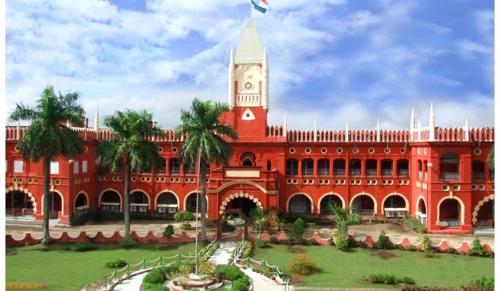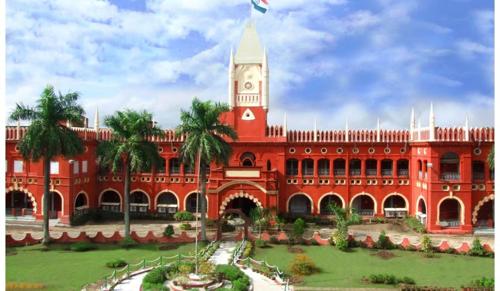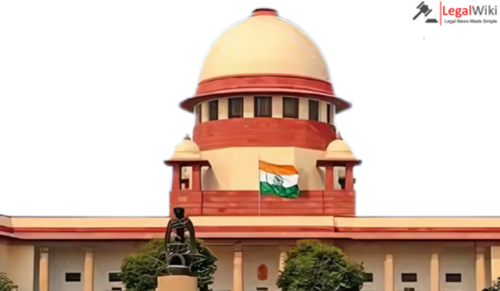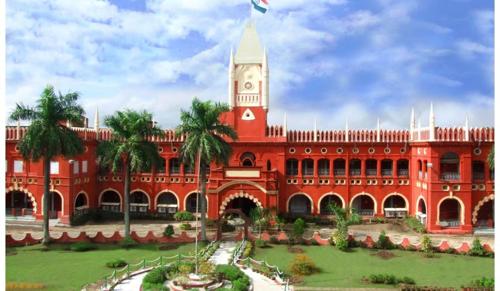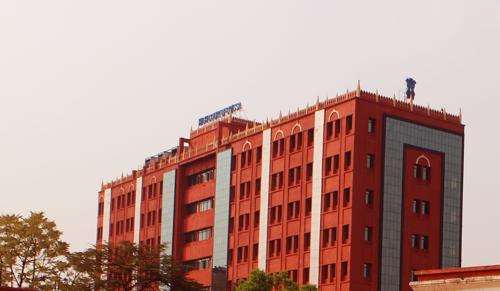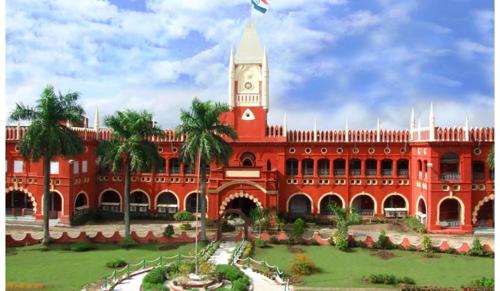The Orissa High Court held that a daughter’s marital status cannot disqualify her from compassionate appointment following the death of a government employee.
The Court set aside orders that had denied the woman’s claim solely because she married while her application was pending. It said that excluding married daughters while allowing married sons to seek such jobs creates an artificial classification violating the doctrine of equality.
The bench directed the state government to grant her compassionate appointment within eight weeks and imposed a daily penalty on officials for delay.
The Court stressed that compassionate appointment is meant to support the deceased’s family without discrimination.
